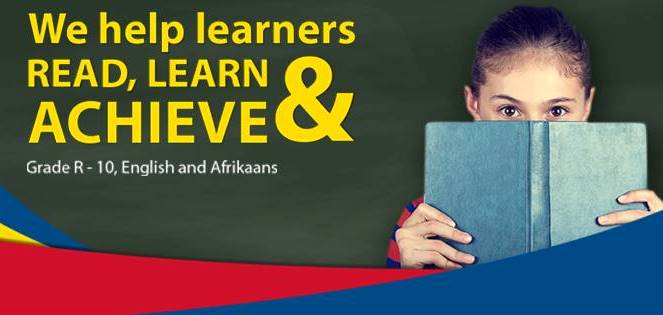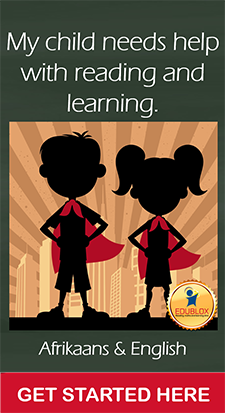Dyseidetic Dyslexia, Visual Dyslexia, Visuo-spatial Dyslexia…
Children whose reading difficulties relate to visual-processing weaknesses have been called visual dyslexics, visuo-spatial dyslexics, or dyseidetic dyslexics. These children’s primary deficit is in the ability to recognise and remember how letter and whole-word configurations look. They seem to attend only to partial cues in words, overlooking a systematic analysis of English orthography...
Read MoreVisual Discrimination: A Foundational Reading Skill
Visual discrimination is a visual perceptual skill and refers to the ability to differentiate one object from another. The ability to discriminate letters and words visually becomes essential in learning to read. When a person is reading, visual discrimination must take place all the time. One must be able to discriminate visually in terms of colour, foreground-background, form, size, and position in space.
Read MorePoor Working Memory a Barrier to Academic Success
Children who underachieve at school may just have poor working memory rather than low intelligence, according to researchers who have produced the world's first tool to assess memory capacity in the classroom. Researchers from Durham University, who surveyed over three thousand children, found that ten percent of schoolchildren across all age ranges suffer from poor working memory seriously affecting their learning.
Read MoreSó Leer Jy Kinders Lees
Lees is die belangrikste vaardigheid wat 'n kind op skool moet verwerf, want hy leer om te lees met 'n bepaalde doel voor oë — sodat hy kan lees om te leer. Lees is veel meer as net die herkenning van woorde. Dit is 'n holistiese proses wat die kind in totaliteit betrek.
Read MoreWhat Is Automaticity? Why Is It Important for Reading and Learning?
Acquisition of a new skill is generally associated with a decrease in the need for effortful control over performance, leading to the development of automaticity. Automaticity by definition has been achieved when performance of a primary task is minimally affected by other ongoing tasks.
Read MoreDoes Your Child Need Help? Let’s Get Started!
A child’s ability to read, learn and do maths effectively lays the foundation for their academic success, which has a far-reaching impact on their future. Edublox reading, maths and learning clinics specialise in educational interventions comprising of cognitive training, reading, spelling, comprehension and maths.
Read MoreEvery Child Learns Differently? Or Don’t They?
The phrase “every child learns differently” is often used to refer to a child’s learning style. Learning styles are generally divided into three categories: (1.) visual learners, who need to see it to know it, (2.) auditory learners, who need to hear it to know it and (3.) tactile/kinaesthetic learners, who prefer a hands-on approach...
Read MoreVakkeuses vir ʼn Beroep
My gr. 9-seun het geen idee wat hy wil doen ná skool nie. Die beroepsvoorligter sê hy ken homself nie goed genoeg om te weet waarin hy belangstel nie. Sy vakkeuses moet dus so wyd moontlik wees sodat wanneer hy wel ’n beroepskeuse maak, hy die nodige vakke het. Hy is baie goed in al sy vakke. Wat sou ’n goeie vakkeuse vir hom wees?
Read MoreSusan on School Stuff: Make the Most of Study Sessions – Here’s How
It’s that time of the year when both learners and parents start to feel the heat of exam pressure. There are many study methods and depending on the content that needs to be studied, one has to choose between them. The SQ3R-method is a good method as it can be applied to study most subjects.
Read MoreWhen Is My Child Ready for Reading?
The concept reading readiness appears to have been introduced in the United States in a publication of the National Society for the Study of Education in 1925. The concept was based on the notion that a child’s readiness to cope with specified learning tasks is fundamentally a process of maturation, and that the process of maturation could not be appreciably speeded up. The role of learning was considered to play only a supportive role...
Read More













